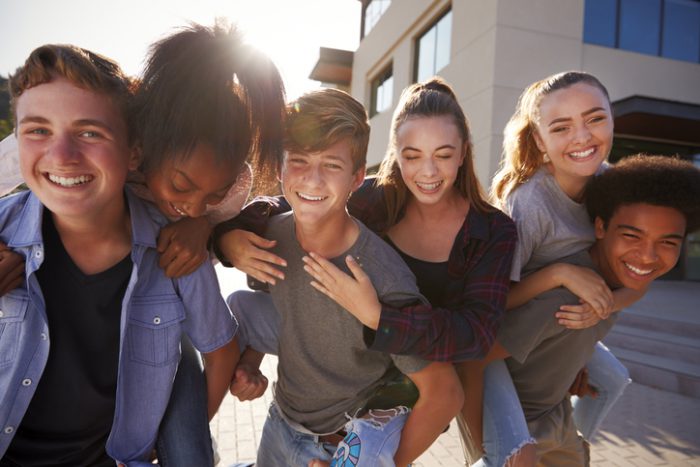
There’s a big push for kids today to get vaccinated for HPV. Since HPV is mostly known for causing cervical cancer, some people wonder if it’s really necessary for boys to get vaccinated, too. This guide will answer your questions about male HPV vaccination.
HPV Risks for Boys & Men
It’s true that HPV is closely linked with cervical cancer, which isn’t a concern for men. However, the virus can also cause genital warts and cancers of the penis, anus, and oropharynx (back of the throat). In fact, thousands of men are affected by HPV-related cancers every year, including approximately:
- 800 men who get HPV-related penis cancer
- 6,000 men who get HPV-related anal cancer
- 10,700 men who get HPV-related oropharyngeal cancer
Another concern for boys and men is the possibility of passing HPV on to a future partner. By getting vaccinated, boys protect themselves against many HPV risks while also helping to reduce the risk of transmitting a high-risk strain of HPV to a sexual partner in the future.
HPV Vaccine for Boys
The CDC recommends that both girls and boys receive the HPV vaccine at age 11 or 12. The vaccine may be administered as early as age 9.
The vaccine provides protection against some of the high-risk strains known to cause cancer. By administering the vaccine at a younger age, most kids are fully vaccinated before they are ever exposed to the virus.
HPV Vaccine for Men
Teens and young adults are also encouraged to get vaccinated against HPV if they did not receive the shots when they were younger. The CDC recommends HPV vaccinations for men through age 21. For men who have sex with men, are transgender, or have a weakened immune system, the recommendation extends to age 26.
In addition, the FDA has approved the use of Gardasil 9 for adults through age 45. Be aware, however, that being vaccinated as an adult will likely be less effective than if you had received it before you became sexually active. The vaccine cannot protect against strains that you have already been exposed to.
HPV Vaccination Schedule
The HPV vaccine is given to kids ages 9-14 as a two-dose series, with the second shot administered six to 12 months after the first dose.
Kids and adults who receive the vaccine at age 15 and up will need a three-dose series of the HPV vaccine. These three shots are administered over a six-month period, with second shot administered two months after the first shot and the third shot administered six months after the first shot.
Sources
- How Many Cancers Are Linked with HPV Each Year?: Centers for Disease Control and Prevention, 2018.
- Answering Parents’ Questions about HPV Vaccine: Centers for Disease Control and Prevention, 2019.
- FDA approves expanded use of Gardasil 9 to include individuals 27 through 45 years old: U.S. Food & Drug Administration, 2018.
- Human Papillomavirus (HPV) Vaccination: The American College of Obstetricians and Gynecologists, 2017.
- Vaccinating Boys and Girls: Centers for Disease Control and Prevention, 2018.








